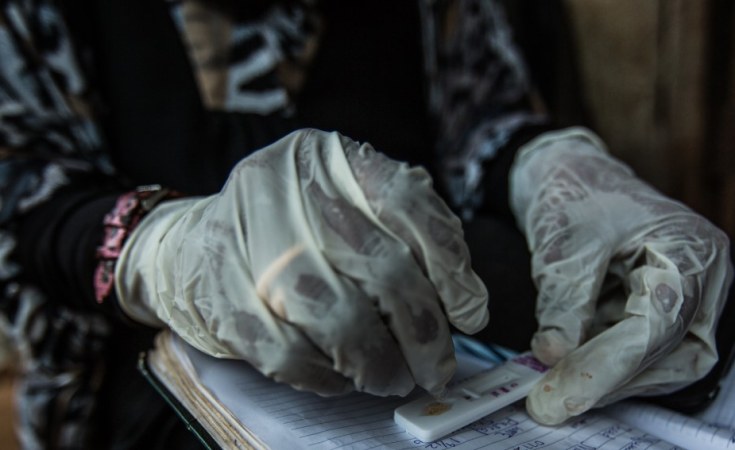Health ministers from malaria-endemic African countries have issued a strong call for urgent and coordinated global action to curb the rising threat of drug-resistant malaria. The warning comes amid increasing evidence that resistance to artemisinin the core compound in the most widely used malaria treatments is spreading across the continent.
The ministers, representing eight countries including Rwanda, Eritrea, Ethiopia, Namibia, South Sudan, Uganda, Tanzania, and Zambia, convened recently to address this pressing issue. They highlighted that the growing resistance jeopardizes the effectiveness of artemisinin-based combination therapies (ACTs), particularly artemether-lumefantrine, which form the backbone of malaria treatment across the continent.
Africa currently accounts for 95 per cent of global malaria cases and deaths. Experts fear that without a swift and unified response, drug resistance could not only stall the progress made in recent years but potentially reverse gains, putting millions of lives at risk. Contributing factors to the resistance include the circulation of substandard or counterfeit medicines, disruptions in drug supply chains, and patients not completing full treatment courses.
Partial resistance has already been confirmed in four African countries, with additional suspected cases under investigation. In response, the World Health Organization has developed a regional strategy focused on tracking resistance patterns, supporting national malaria control programmes, and encouraging diversification of first-line treatment options.
However, challenges remain. Alternative treatments to artemether-lumefantrine are significantly more expensive and harder to procure. Health leaders stressed the urgency of investing in next-generation therapies, such as triple-drug combinations and non-artemisinin-based options. Some of these newer therapies are expected to be available by 2027, though affordability and distribution could hinder access.
Innovation, they emphasized, must go hand-in-hand with strengthening existing tools. Surveillance systems, timely data sharing, and regional coordination are all crucial elements in tackling the spread of resistance. Health officials reiterated the need for predictable funding and stronger leadership from affected countries.
The meeting reinforced commitments made in the 2024 Yaoundé Declaration, which advocates for collaborative efforts, improved data transparency, and long-term investment in both current and future malaria treatment strategies. As the threat of resistance grows, leaders caution that failure to act now could result in devastating consequences for some of the world’s most vulnerable populations.

